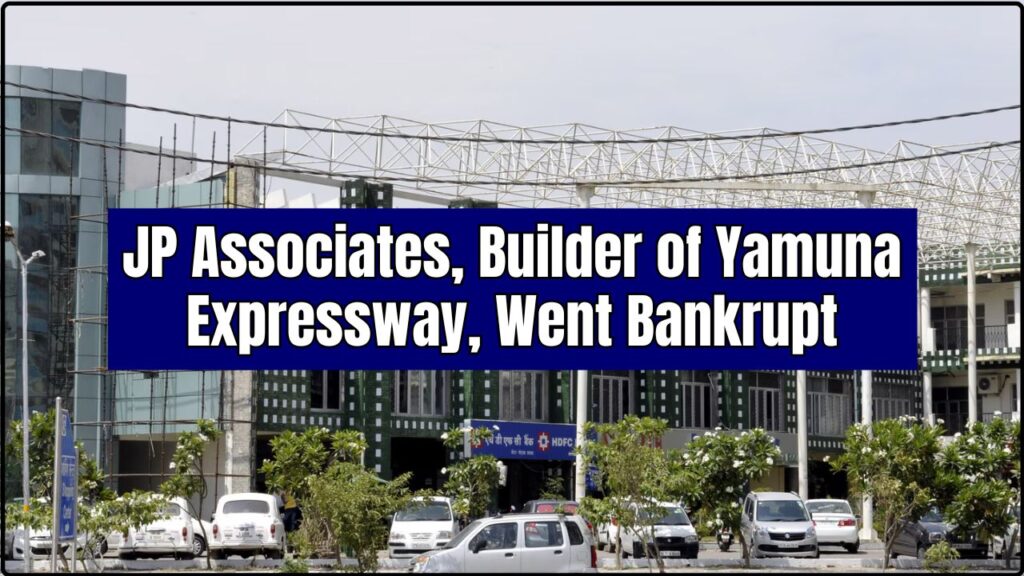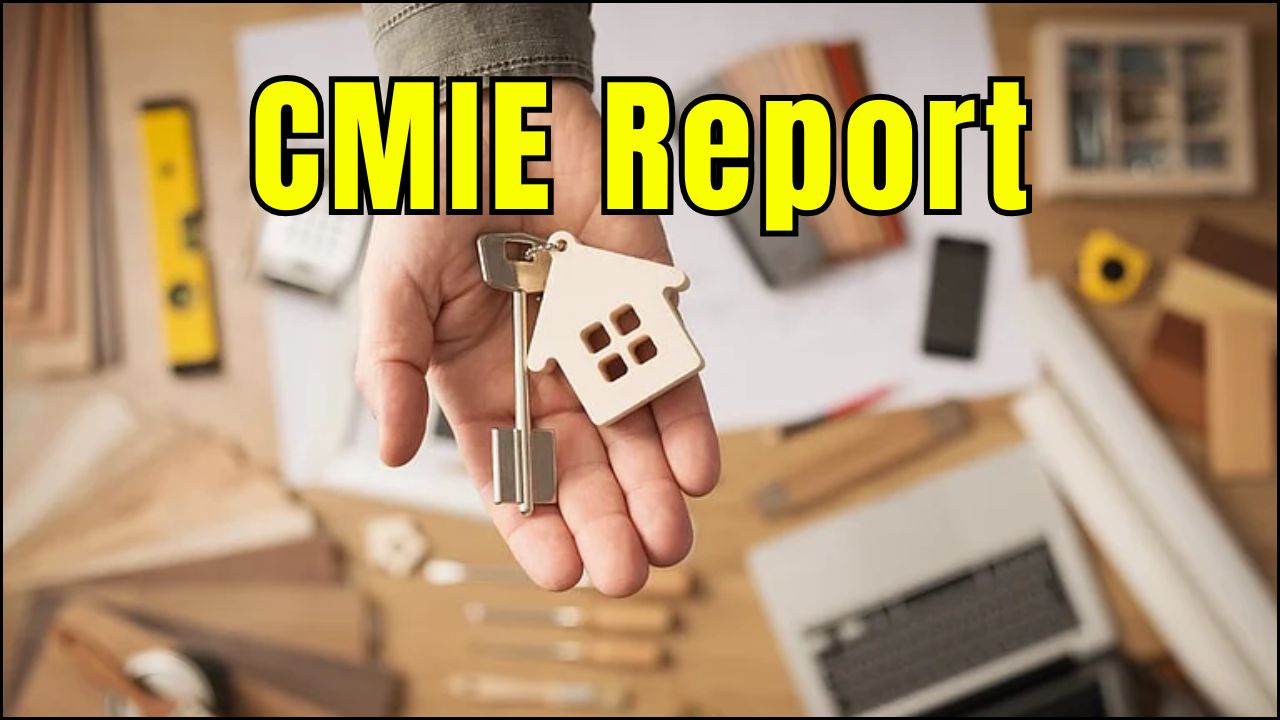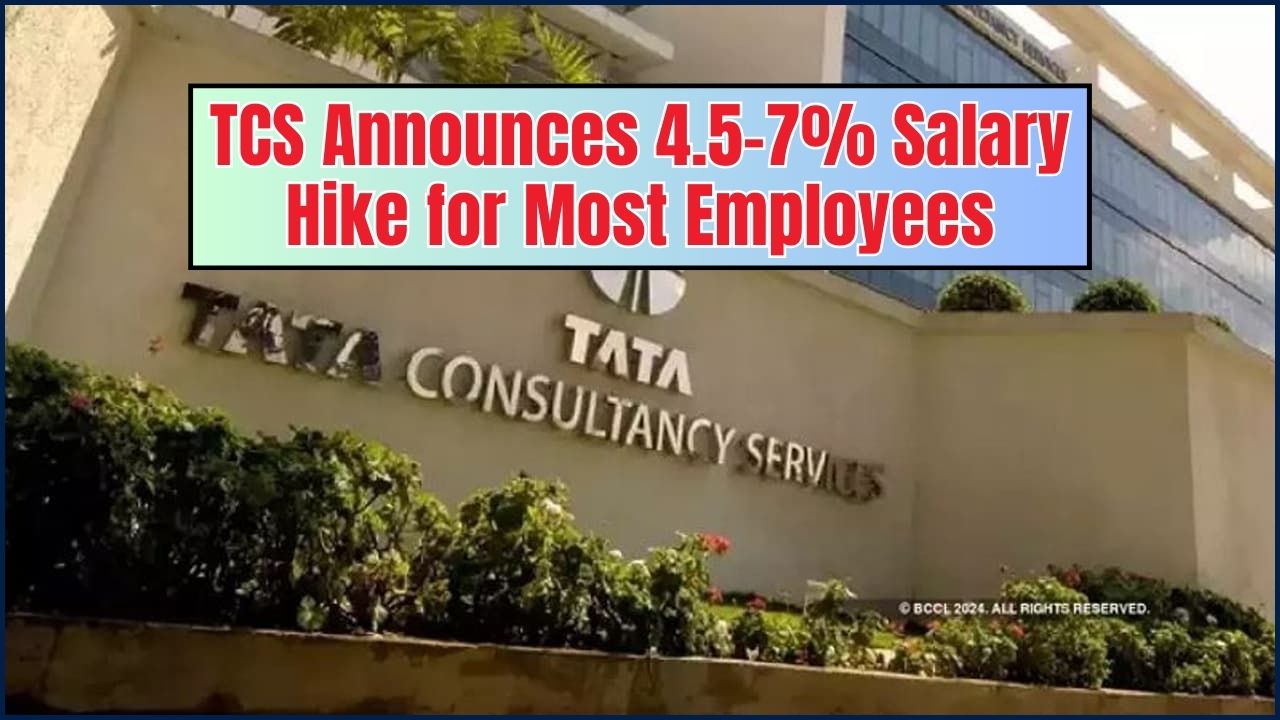
Jaiprakash Associates (JP Associates), the builder of the Yamuna Expressway and once a major Indian infrastructure conglomerate, was admitted to insolvency proceedings in June 2024. The company’s bankruptcy, with debts exceeding ₹55,000 crore, marks the collapse of an ambitious expansion strategy that faltered under heavy borrowing, stalled projects, and shifting market conditions.
Debt-Driven Expansion and Financial Collapse
JP Associates rose rapidly in the 2000s, diversifying into cement, power, real estate, and expressways. Much of this growth was financed by debt. According to filings with the National Company Law Tribunal (NCLT), the group’s borrowings climbed from about ₹11,000 crore in 2008 to over ₹75,000 crore by 2016.
When interest rates rose and infrastructure demand slowed after 2011, the company struggled to service these loans. Asset sales, including cement plants to UltraTech and power projects to JSW, raised funds but failed to cover the mounting obligations. By early 2025, outstanding dues had reached approximately ₹55,493 crore, as reported by the State Bank of India (SBI) and other lenders.
Real Estate Missteps and the Yamuna Expressway
As part of the Yamuna Expressway concession, JP Associates was allotted more than 6,000 acres of land for housing and commercial projects. Investigations later found that funds from homebuyers were diverted to other business ventures.
This diversion left thousands of families in limbo. Projects like Wish Town in Noida remain incomplete, despite buyers having paid instalments years ago. The Indian Express reported in February 2024 that over ₹3,500 crore collected from homebuyers was redirected, prompting years of litigation.
Insolvency Proceedings and Legal Battles
On 3 June 2024, the NCLT Allahabad Bench admitted JP Associates into the Corporate Insolvency Resolution Process (CIRP) following petitions by ICICI Bank and SBI. The company’s appeals to the National Company Law Appellate Tribunal (NCLAT) were dismissed later that year.
The lenders subsequently transferred the firm’s stressed assets to the National Asset Reconstruction Company Limited (NARCL), India’s state-backed “bad bank.” This move aimed to streamline recovery and attract resolution applicants.
Competing Bids from Corporate Giants
The insolvency process drew interest from some of India’s largest industrial groups. The Adani Group, Vedanta, Dalmia Bharat, and Jindal Power all submitted proposals.
In September 2025, Vedanta outbid Adani with a ₹17,000 crore offer, according to Outlook Business. While significant, this bid still covers only a fraction of the outstanding debt owed to banks and creditors. Final approval of the resolution plan remains pending with the Committee of Creditors (CoC).
Analysis: Where the Gaur Family Went Wrong
Analysts point to four major mistakes that contributed to the collapse:
- Excessive leverage: Borrowing beyond repayment capacity left the company vulnerable to market downturns.
- Capital misallocation: Funds from homebuyers and land sales were diverted to unrelated businesses, undermining real estate commitments.
- Weak governance: Oversight and corporate discipline were insufficient to manage a conglomerate of such scale.
- Delayed restructuring: Asset sales came too late to arrest the debt spiral.
“JP Associates overreached across multiple sectors without the financial structure to sustain that growth,” said Dr. Ramesh Singh, professor of finance at the Indian Institute of Management, Lucknow. “The group’s collapse is a cautionary tale for Indian infrastructure companies.”
Human Impact: Homebuyers and Workers
Beyond balance sheets, the bankruptcy has left lasting human consequences. Tens of thousands of families remain uncertain about their homes. Workers employed on real estate projects face wage delays, and suppliers struggle with unpaid invoices.
Consumer rights groups have demanded that future resolution plans prioritise housing delivery over creditor recovery. “Homebuyers should not bear the cost of corporate mismanagement,” said Anjali Sharma, spokesperson for a national homebuyers’ association, in a statement to the Times of India.
GST Cut on Insurance Premiums Likely—Big Relief for Policyholders
Conclusion
The bankruptcy of JP Associates underscores the risks of debt-fuelled expansion and the importance of accountability in infrastructure development. The Yamuna Expressway remains a visible achievement, but its builder’s downfall reflects deep flaws in corporate strategy, governance, and financial discipline. The outcome of the insolvency resolution process will decide how much lenders, buyers, and India’s infrastructure sector can recover from one of the country’s largest corporate failures.





